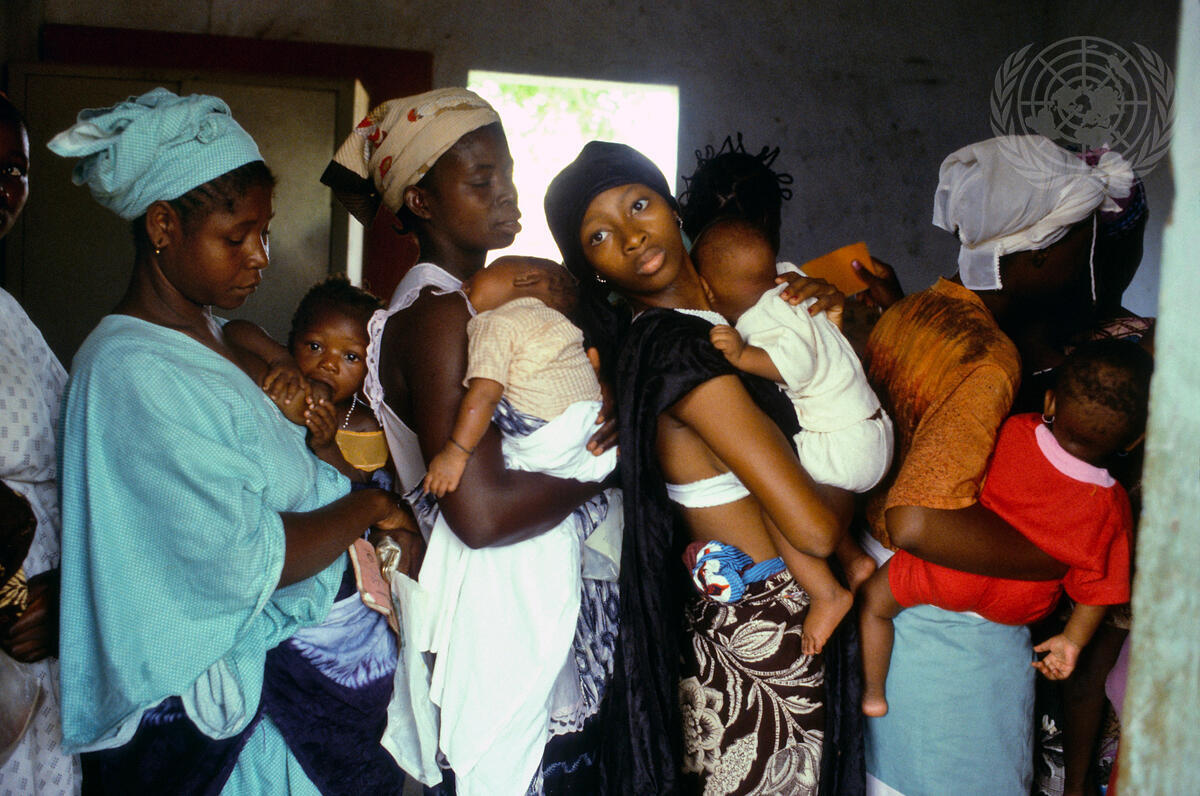The hidden workforce: Unpaid care work keeps 708 million women out of the labor

Unpaid care remains a critical barrier to gender equality and economic participation worldwide, impacting in this way the lives of 708 million women who are prevented from engaging in paid labor. This new data from the International Labour Organization (ILO), published in the ILO Statistical brief “The impact of care responsibilities on women’s labour force participation”, highlights the urgent need to address the invisible labor force responsible for caregiving tasks such as childcare, household maintenance and eldercare, which remain disproportionately carried by women.
According to the ILO, these demands on women’s time and effort lead to a loss of significant opportunities for economic independence and professional growth. Women perform three times more unpaid care work than men, with this imbalance sharply affecting their ability to access formal jobs or pursue career advancement. The figures of the statistical brief underscore the structural inequalities that persist in nearly every region, with particularly severe impacts in lower income countries.
Unpaid care work not only limits individual growth but also curtails overall economic productivity. If women’s contributions to caregiving were fully recognized and valued then it would add trillions of dollars to the global economy each year. Economists and rights advocates argue that nations must develop policies that support a more balanced division of care responsibilities between men and women. This includes expanding access to affordable childcare by implementing paid family leave policies and promoting flexible working arrangements.
The ILO has called on governments to take urgent action to address these disparities. Solutions include strengthening social protection systems, supporting public investment in care services and creating economic incentives for more equitable caregiving roles. By recognizing and addressing unpaid care work, societies can work towards closing the gender gap in employment and building a more inclusive and sustainable economy.

